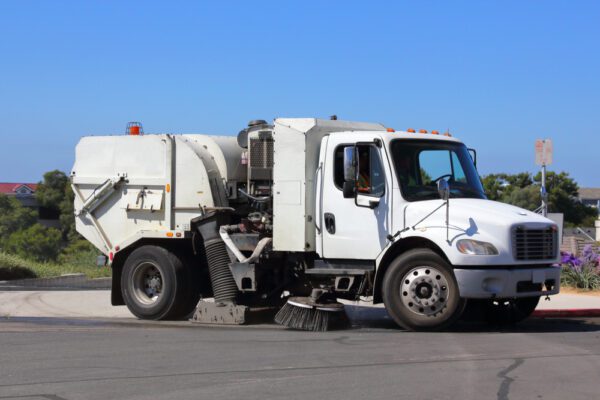By: Sam Veith
Many commercial construction companies make their living bidding and winning projects. From my experience, many contractors do not understand winning work in their businesses is not the same as buying or “bidding out” their construction insurance costs.
Now that we know what and who determines the cost of your construction insurance from my last article, I want to detail what underwriters (UW) want to see when they receive a submission to quote your contractor insurance coverages. The simple truth is that if we give UWs all the data & information they ask for, you will look like a better risk and get better rates—potentially shrinking your construction company insurance costs for the long haul.
First, the diagram below illustrates the communication process of how data flows during the business insurance quoting process:
Underwriters, today, ask for A LOT of information to analyze the risks of a construction industry’s operations properly. Sometimes, it may feel annoying how much information is requested by an agent. Keep in mind it is not the agent requesting the data. The better your agent can supply a UW with the requested data, the better your chances of getting the best rates. After all, construction is a high-risk business and all this data factors into how well you are mitigating risks.
What do underwriters really want to see to give you the best pricing?
- Claim and Loss History
- How well is the company performing
- Trends in losses/severity
- Experience of management
- Corrective actions taken after losses to prevent repeat occurrences
- Expiring Premium (Price)
- Enough premium to cover expected losses
- Can a prospective carrier compete with the current rates?
- Are alternative risk options: high deductible, loss-sensitive, retro options available?
- Target premium: is there any room to save money, or is the risk priced too cheaply?
- Exposure
- Type of operation
- Unique and specific risks
- Safety and risk management plans
- Quality control/quality assurance program
- Return to work program
- Fleet and driver safety
- Hiring practices
- Loss control
- Strategy
- Strength of opportunity
- Future growth
- Competition from other agents, brokers, etc.
- Current & prior carriers
If you fail to supply the information above, it will most likely negatively impact the quotes you receive from UWs. Unfortunately, many contractors don’t necessarily want to take the time or agree with giving underwriters everything they want to their own detriment, especially when sharing their expiring pricing.
Why is expiring pricing so important?
Underwriters are very busy receiving quoting opportunities from various agents, and they need to prioritize what they work on. Essentially, they want to spend their time pricing accounts that they feel like they have a chance of winning. The quickest way to know if they can be competitive is to check the current pricing to see if their rates compete with the incumbent carrier.
If they can’t compete, they quickly let the agent know and submit a declination. They simply don’t put your submission on the priority list without the expiring pricing. Underwriters have many submissions with pricing they would rather spend their time on.
Red Flags to an Underwriter
- Not sharing expiring pricing
- No formal safety and risk management plans
- Not documenting safety training, accident investigation, hiring policy, return to work programs, etc.
- Losses without explanation or corrective action
- Many losses and repetitive claims
- Multiple agents submitting to the same carrier—when UWs see this, it means they have a lower chance of winning the account and your submission will fall lower on the priority list
Construction is a high-risk business, and underwriters are always worried about working with construction operations that have the potential for claims that can erode premiums in the blink of an eye. Therefore, giving underwriters everything they want to get them on your side is always suggested. The more comfortable a UW becomes with your risk, the more you will see your premiums shrink.
Material posted on this website is for informational purposes only and does not constitute a legal opinion or medical advice. Contact your legal representative or medical professional for information specific to your legal or medical needs.





